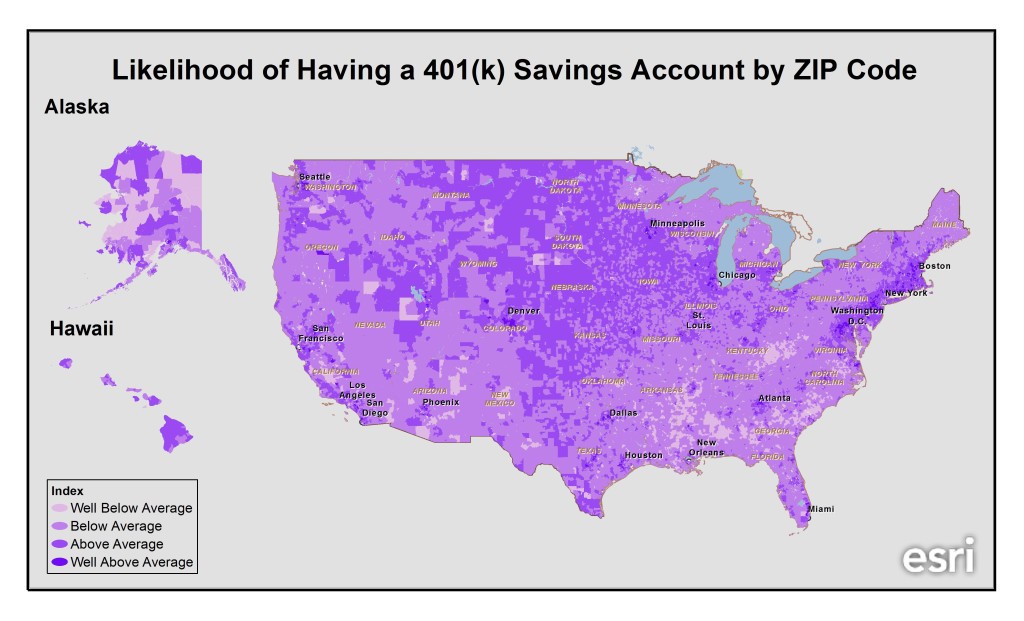How Much to Contribute How 401(k) Plans Work
Post on: 16 Март, 2015 No Comment

How Much to Contribute
So, how much should you be putting into your 401(k) account? That partly depends on what your employer will let you contribute. Usually you can put in up to 15 percent of your annual salary. If your employer doesn’t allow that much, then you can always lobby for a higher percentage. It may take a while and you’ll need the support of co-workers, but it would be worth it. For 2006, the IRS limits the total annual contributions (both your contributions and the amount your employer matches) to 100 percent of your salary or $44,000, whichever is less.
Things to consider.
There are several things to take into consideration before you settle on an amount to contribute each month. First, how is the economy right now? Is your job stable? Are there are lot of layoffs going on in your industry? If that’s the case, then it would be prudent to have a little more money in a more accessible savings account or other financial account. The general rule of thumb is that you want to have at least three months of living expenses in an accessible account at all times, and preferably six months. This is particularly true in tougher economic times.
But, what if everything is going swimmingly, your job is secure, and you don’t have any large upcoming financial needs (like kids going to college)? In that case, you should probably be a little more aggressive with your contributions. Plan out your needs for the year and make a commitment to yourself about how much money you want to save. It will all boil down to how much money you can realistically do without. Extravagant vacations, luxury cars. do you really need them? Or, it may just be a matter of how much money you can do without and still be able to pay all of your bills.
Whatever the situation, sit down and figure out a budget that includes a set amount of money going to a 401(k). There are some great budget calculators available on the Internet that will help make sure you don’t miss anything when you set up your budget. Use this investment calculator to find out how much difference $50 per month will make over 20 years, or $100 will make over 10 years.

Overall, if you’re young, have a secure job, and have no big money needs coming up, then it makes sense to put as much into your 401(k) account as your employer will allow you.
Don’t forget raises.
The 401(k) plan is so easy that you may even forget you’re putting money into it. Whatever you do, don’t forget to increase the amount you put in when you get a pay raise (or even if you have more income from some other source). In some cases, your employer may be transferring your contribution as a percentage of your salary. If that’s the case, then increases in your salary will automatically increase your 401(k) contribution. If your employer is putting a flat amount into your account, however, you’ll need to make sure you tell your employer to increase it and by what amount.














